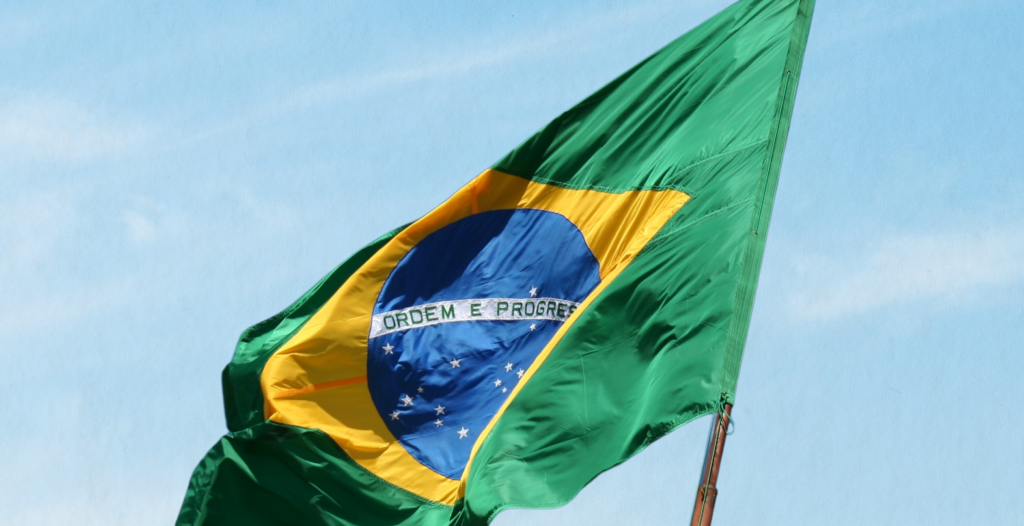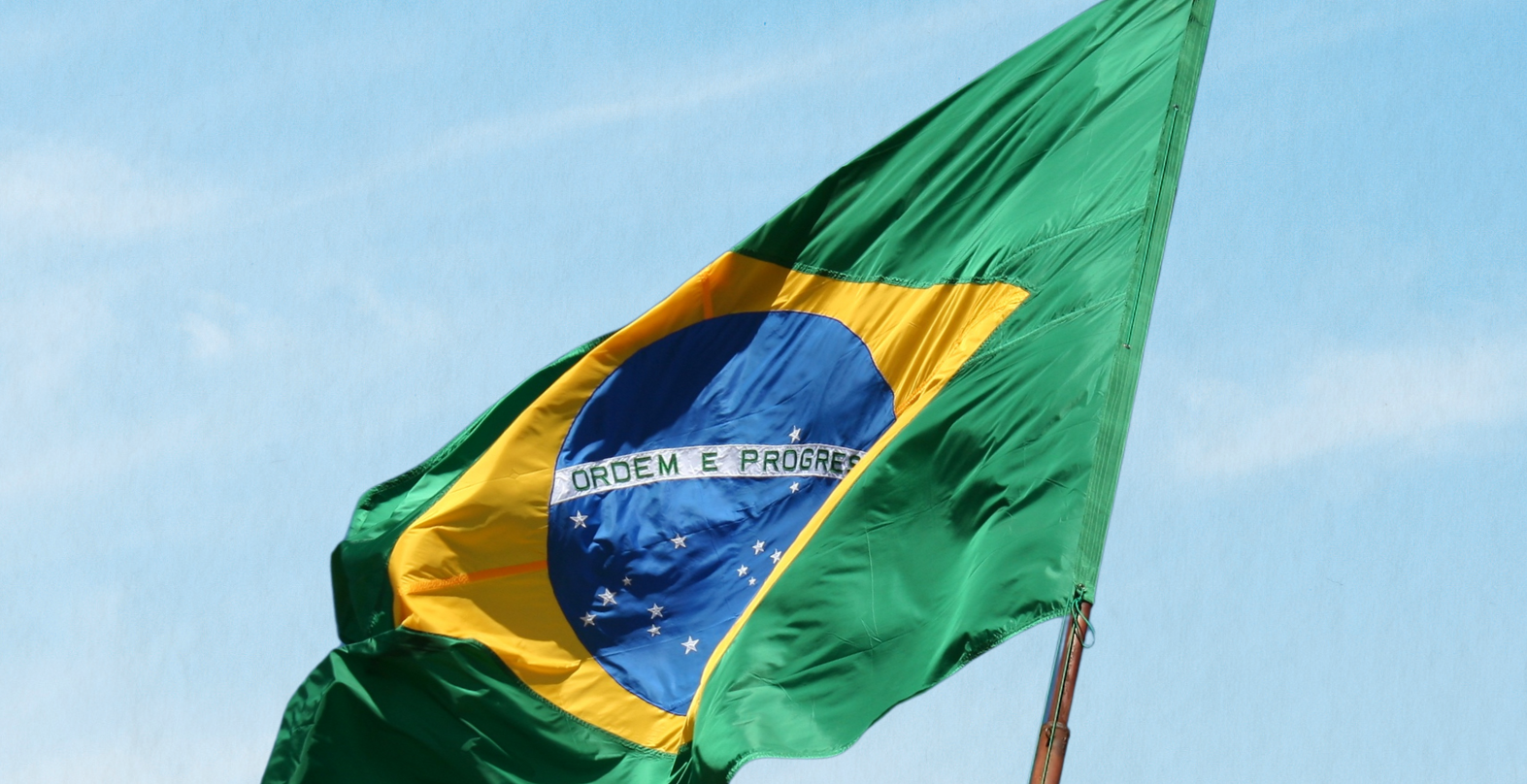-
Win for religious freedom as country’s highest court rejected attempt to ban religious symbols such as crucifixes from public spaces on the basis of “hurt emotions”
-
ADF International submitted a “friend of the court” legal brief which was cited in the court’s reasoning

Brasília (28 November 2024) – The Brazilian Supreme Court (STF) this week unanimously voted to allow religious symbols in public spaces, in line with a legal brief filed by ADF International.
All 11 justices of the country’s highest court affirmed that displaying symbols such as crucifixes and images in public spaces does not conflict with the secular nature of the Brazilian state.
The plaintiff in the case had argued that removal of the symbols was necessary to protect religious freedom and that the symbols can cause emotional hurt.
A legal brief, known as an amicus brief, submitted by faith-based legal advocacy organisation ADF International, was considered by the court and directly cited as part of the concurring opinions.
Justice Alexandre de Moraes wrote: “It is also worth noting the lengthy statement submitted by ADF INTERNATIONAL… in which it demonstrates the real direction of the international courts’ statements on the matter, exactly along the lines proposed by the Honorable Rapporteur, that symbols in public spaces are allowed, as long as they do not go beyond the manifestation of the country’s history, culture and tradition.
“By the way, it is important to emphasize the correctness of the thesis of the judgment insofar as it associates the display of such symbols with the ‘objective of manifesting the cultural tradition of Brazilian society’.”
Tomás Henríquez, Director of Advocacy for Latin America & the Caribbean for ADF International, reacted to the decision: “This ruling is a resounding victory for religious freedom in Brazil. ‘Hurt emotions’ are no justification for banning religious symbols.
“We welcome this decision and commend the court for so clearly upholding religious freedom.”
In its expert legal brief, ADF International argued that any principle of “state neutrality” should not amount to hostility towards Christianity. Additionally, it demonstrated the relevance of the social, cultural, and historical context of Christianity in Brazil.
Finally, it reasoned that the law does not protect the “hurt emotions” the plaintiff alleged he experienced due to the presence of religious symbols in public places.
The decision has similarities to a case decided by the Grand Chamber of the European Court of Human Rights in 2011. In Lautsi v. Italy, the Grand Chamber ruled that Italy was within its rights under the Convention to allow the display of crosses in classrooms.
In that case, ADF International was given permission to provide legal expertise, submitting arguments on behalf of 33 Members of the European Parliament, representing 11 different nations.
Background
The Brazilian case stemmed from a Brazilian citizen who issued a complaint to the Federal Public Ministry (FPM), Brazil’s Public Prosecutor’s Office, alleging he suffered “hurt emotions” due to the presence of religious symbols in public buildings.
The FPM filed a civil action against the Brazilian Federal Union, requesting that all religious symbols be removed from Federal and State of São Paulo buildings.
The FPM argued it was seeking to promote and protect the religious freedom of all citizens who entered public offices across Brazil and that displaying religious symbols and images in public spaces violated the principle of non-discrimination.
The lawsuit was dismissed by both the trial and appeals court. The FPM filed an extraordinary appeal before the appellate court, which was not admitted.
The FPM then filed an extraordinary appeal before the STF, resulting in the latest ruling that upholds religious freedom. This decision binds all state and federal public entities in Brazil.
Images for free use in print or online in relation to this story only.
PICTURED: Tomás Henríquez, ADF International’s Director of Advocacy for Latin America & the Caribbean



